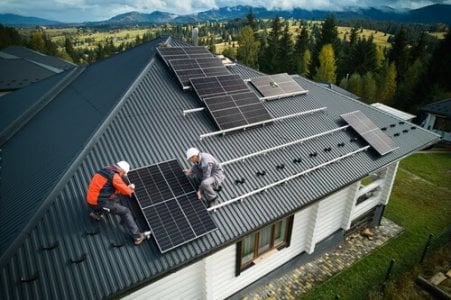Powering Up or Paying Up? The Reality Behind the Battery Rebate— by Noel Whittaker
- Replies 12
Noel Whittaker is the author of Wills, Death & Taxes Made Simple and numerous other books on personal finance. Email: [email protected]
A major election promise by Labor was a $2.3 billion Cheaper Home Batteries Program to cut battery costs by about one-third. It is to be done by way of a rebate is based on a battery’s usable storage capacity and excludes installation costs.
It offers roughly $370 per kilowatt-hour (kWh), equating to about 30% off the battery’s base price. For example, a 13.5 kWh Tesla Powerwall 2, priced at around $11,900 (plus installation), would attract a rebate of nearly $5,000.
When COVID hit, cancelled trips left us with spare cash, so we installed a Tesla Powerwall. It’s been reliable — even sent a text before a cyclone saying it was charging from the grid in case of a blackout.
Sadly, the numbers don’t stack up.
Consider a typical day in a household with solar and a battery. It starts with the battery at minimum and no solar power. At this point, all electricity comes from the grid. As the sun rises—if it does—solar begins to offset grid use. If conditions are good, solar output exceeds usage and the battery charges. But by afternoon, solar drops. When it can’t meet demand, the house draws from both the battery and the grid. Often, the battery ends the day nearly empty, especially in winter when the sun sets early.
To see how the numbers work, let’s pretend it’s been a perfect day.
Lorem ipsum dolor sit amet, consectetur adipiscing elit. Quisque in diam id erat facilisis consectetur vitae vel urna.
Ut lacus libero, suscipit auctor ipsum sit amet, viverra pretium nisl. Nullam facilisis nec odio nec dapibus. Integer maximus risus et velit porttitor ullamcorper
Read more for FREE!
Become a member today and join over 200,000 Australians already taking advantage of daily news, weather, petrol costs, games, jokes, deals and more.
-
FREE 400-page Discount eBook upon joining
-
FREE Aussie-made eBook & many more
-
Multiple daily discounts for members
-
No payment required
Register Faster Using
Or Register with email
Already a member?








